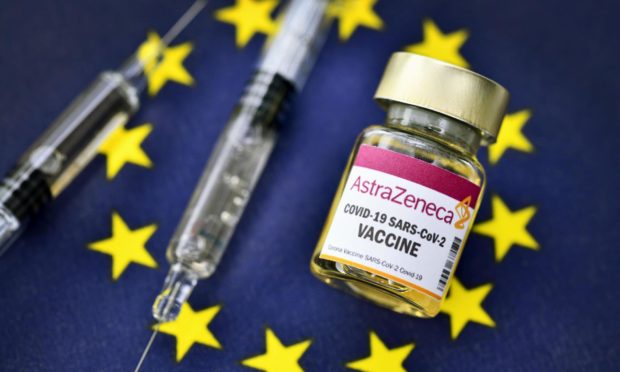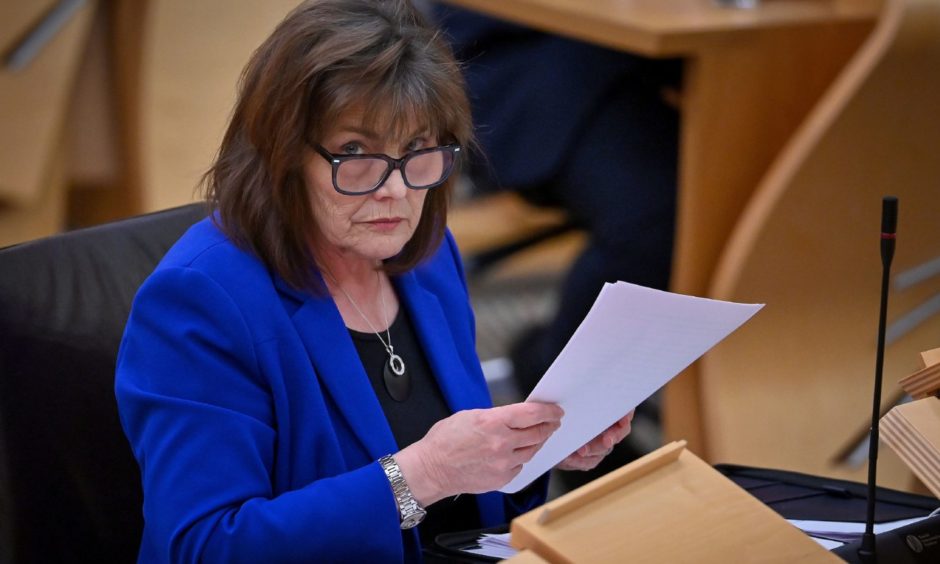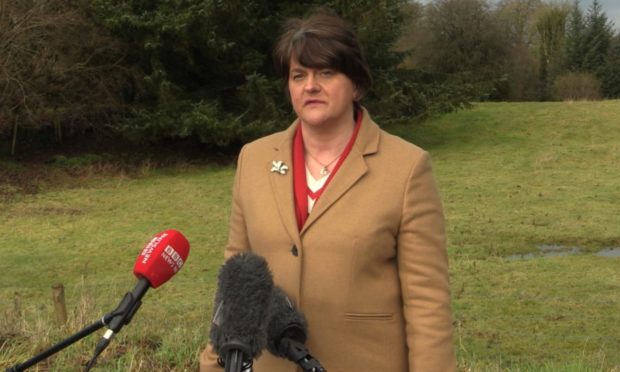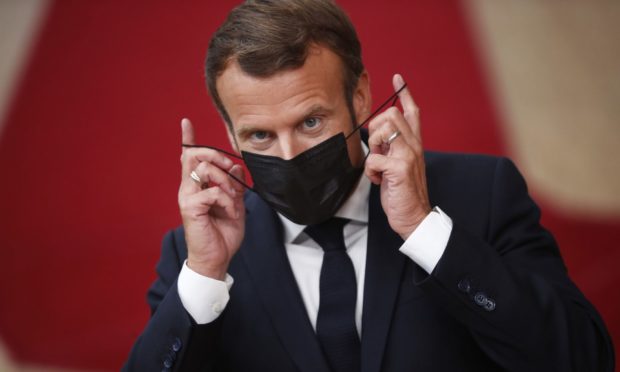Scotland’s health secretary says that while vaccine supply issues will always be “lumpy” she’s not worried there might be vaccine shortages amid an ongoing dispute between the EU, UK and vaccine manufacturers.
Jeane Freeman made the comments at Friday’s coronavirus briefing, saying that she was in regular contact with her counterparts in England, Wales and Northern Ireland about the logistics around vaccine deliveries.
“We have no reason at this point to believe that supplies are in any way under threat, or that we should have additional concerns about them over and above the unpredictability of timelines that we have spoken about from the outset,” Freeman told reporters.
Scotland is receiving an 8.2% population share of the UK’s vaccines total, but supply chain resilience was put in the spotlight again on Friday as the European Commission introduced a regulation that means vaccine manufacturers would have to seek authorisation to export drugs outside the 27-nation bloc, including to the UK.
‘Not an export ban’
“This is not an export ban. This measure would specifically target exports of Covid-19 vaccines covered by an Advance Purchase Agreement (APA) with the EU.
“These exports will be subject to an early notification and authorisation before they are effectively shipped outside the EU,” the new regulation states.
The new regulation is being introduced after British-Swedish pharmaceutical giant AstraZeneca said it would have to temporarily cut the amount of vaccines it supplies to EU countries due to manufacturing problems at plants in Belgium and the Netherlands.
The dispute hinges on whether AstraZeneca has a contractual obligation to stick to an EU vaccine delivery schedule – possibly using drugs from its plants in the UK – or whether it should jut make a ‘best effort’ to supply the jabs.
The company’s CEO told an Italian newspaper this week that he couldn’t guarantee EU deliveries because countries like the UK had made their contracts to buy vaccines first, which allowed them to get ahead of some of the supply chain problems now hitting AstraZeneca’s EU plants.
An incredibly hostile and aggressive act.”
Arlene Foster, Northern Ireland First Minister
The EU has now taken the unusual step of invoking Article 16 of the Northern Ireland Protocol, which would stop vaccines being made in the EU from reaching the UK through the back door.
Under the Brexit agreement, EU goods should be allowed to circulate freely in Northern Ireland, but now the Commission is justifying the new control measures by saying they’re a safeguard measure “in order to avert serious societal difficulties due to a lack of supply threatening to disturb the orderly implementation of the vaccination campaigns in the Member States”.
In a video statement, Northern Ireland’s First Minister Arlene Foster calls the move “an incredibly hostile and aggressive act” on the part of the EU.
“They are trying to stop the supply of a vaccine designed to save lives in the United Kingdom.
“For years we were told after the European Union referendum vote that there couldn’t be a hard border on the island of Ireland, and in one fell swoop they have put that hard border in place,” the DUP leader says.
I’ve spoken with the Prime Minister @BorisJohnson and @michaelgove this evening. The Government must now take robust action including using Article 16 to advance Northern Ireland and the rest of the United Kingdom. pic.twitter.com/ugemDdll9z
— Arlene Foster #WeWillMeetAgain (@DUPleader) January 29, 2021
Macron weighs in
On Friday evening AstraZeneca CEO Pascal Soriot told a press conference he wouldn’t give any public comments on the contract issues between his company and the EU, but that vast quantities of his vaccine – approved this week by European regulators – are in the pipeline.
“We’ve said what had to be said as far as the legal aspects of the contract. We’re working 24/7 to improve the supply we have. We have millions of doses which we are ready to start shipping to the EU.”
French President Emmanuel Macron stopped short of calling for a vaccine export ban on Friday, but says he wants the situation to be monitored closely after suggesting there was a lack of transparency on the part of AstraZeneca about not being able to fill their entire EU contract order.
“Vaccine exports should be controlled, not blocked or banned, which would make no sense because we are also dependent on non-European production.
“It should be controlled because there is questionable behaviour and we will be receiving fewer deliveries that do not honour the contractual engagements agreed,” says Macron.



